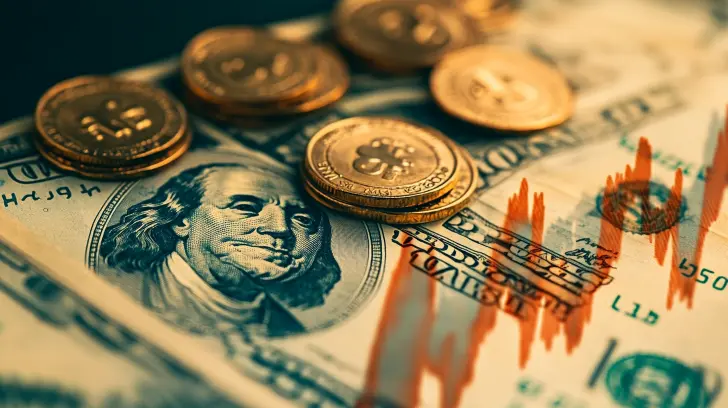The euro fell to a near seven month low against the U.S. dollar on Monday as investor concerns grew over potential trade tariffs from the incoming U.S. administration, which could negatively impact the eurozone economy.
Since last week’s U.S. presidential election victory by Donald Trump, the euro has gradually weakened, with fears intensifying around possible tariffs his administration may impose.
Reports last Friday indicated that Trump may bring back Robert Lighthizer, a well-known advocate for strict trade policies, to oversee trade regulations. However, sources familiar with the situation stated that Trump has not yet officially appointed Lighthizer to this role.
“This is an ongoing reaction to post election uncertainties,” explained Eugene Epstein, head of trading and structured products for North America at Moneycorp. “Every region facing potential tariff threats is struggling against the dollar.”
The euro declined by 0.61% to $1.0654, touching as low as $1.0629 its weakest point since mid-April.
Meanwhile, the U.S. dollar index, which measures the dollar against a basket of foreign currencies, reached new highs since the election, with investors still uncertain about future U.S. economic policies. The index rose by 0.48% to 105.51, after hitting 105.70 its highest level since July. Last week, the index surged over 1.5% to 105.44 following Trump’s electoral win.
“It feels like the markets are increasingly factoring in a Republican driven economic shift,” noted Bipan Rai, managing director at BMO Global Asset Management. “The dollar is benefitting from this shift.”
Expected policies by the new president, including tariffs and tax reductions, are likely to fuel inflation and increase bond yields, thereby strengthening the dollar and limiting the Federal Reserve’s flexibility to ease monetary policy.
“One of the critical questions now is, ‘What will be prioritized in Trump’s legislative agenda?’” said Rai. “Tariffs appear to be a significant focus, a measure Trump could implement independently of Congress.”
The dollar also rose by 0.69% against the yen to 153.69, though it remained below last week’s peak of 154.70, as investors consider potential intervention from Japan. On November 6, it reached 154.68, its highest since July.
Minutes from the Bank of Japan’s October meeting revealed hesitations about when to adjust rates, partly due to ongoing political uncertainty.
Bitcoin surged to an all-time high above $87,000 on Monday, as optimism grew that the Trump presidency and the election of crypto supportive candidates to Congress could create a favorable regulatory landscape for digital currencies. Bitcoin rose 13.95% to $87,215, while Ethereum climbed 14.27% to $3,363.80.
While the U.S. bond market is closed on Monday due to a public holiday, stock and futures markets remain open.

